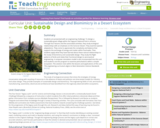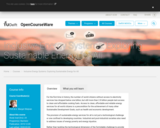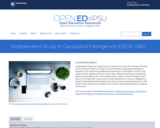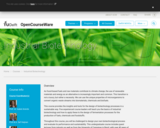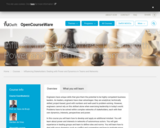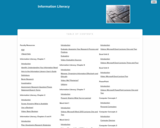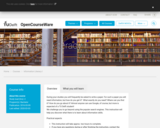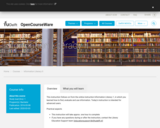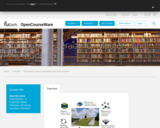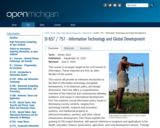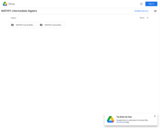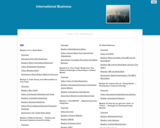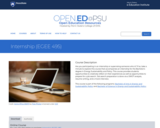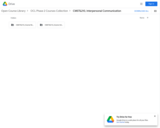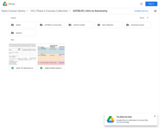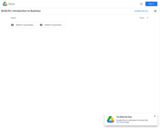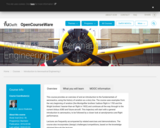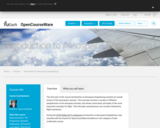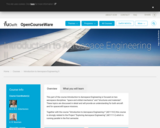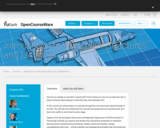For the first time in history, the number of world citizens without access to electricity services has dropped below one billion, but still more than 2.8 billion people lack access to clean and affordable cooking fuels. Access to clean, affordable and reliable energy services for all world citizens is a precondition for the achievement of many other Sustainable Development Goals, such as health and economic development.
The provision of sustainable energy services for all is not just a technological challenge or one confined to developing countries. Industrial and post-industrial societies also need to address issues of energy poverty and energy injustice.
Rather than tackling the technological dimension of the formidable challenge to provide an inclusive energy system with renewable and climate-neutral energy resources, this course will focus on its social and institutional dimension. Introduction to the principle of the 4 As of energy services – Accessibility, Availability, Affordability, and Acceptability (environmental and social) will enrich your perspective as an engineering professional. Balancing these four critical and interdependent criteria is a recurrent challenge for individuals and society as a whole, as the characterization of the four As evolves with economic development and changing societal preferences.
You will learn how the rules of the game as defined in laws, regulation and market designs impact the balance between the 4As. Using a wider socio-technical systems perspective you will discover new solutions for the inclusive provision of energy services beyond the purely technological solutions.
After this course you can engage in a richer, more informed debate about how to achieve an inclusive energy system. You will be able to translate this knowledge into strategies to serve society’s future energy needs. The cases presented from developed and developing countries will help you to develop and test your analytical skills. Interviews with industry leaders shaping the energy system will challenge you to reflect on the position these leaders take and the interests they serve.
Lastly, you will put yourself to the test by demonstrating your newly acquired knowledge and skills as a strategic policy advisor, in writing guidelines for a strategic action plan for the energy system and institutional context which are relevant for you, in your company, your city or your country.
